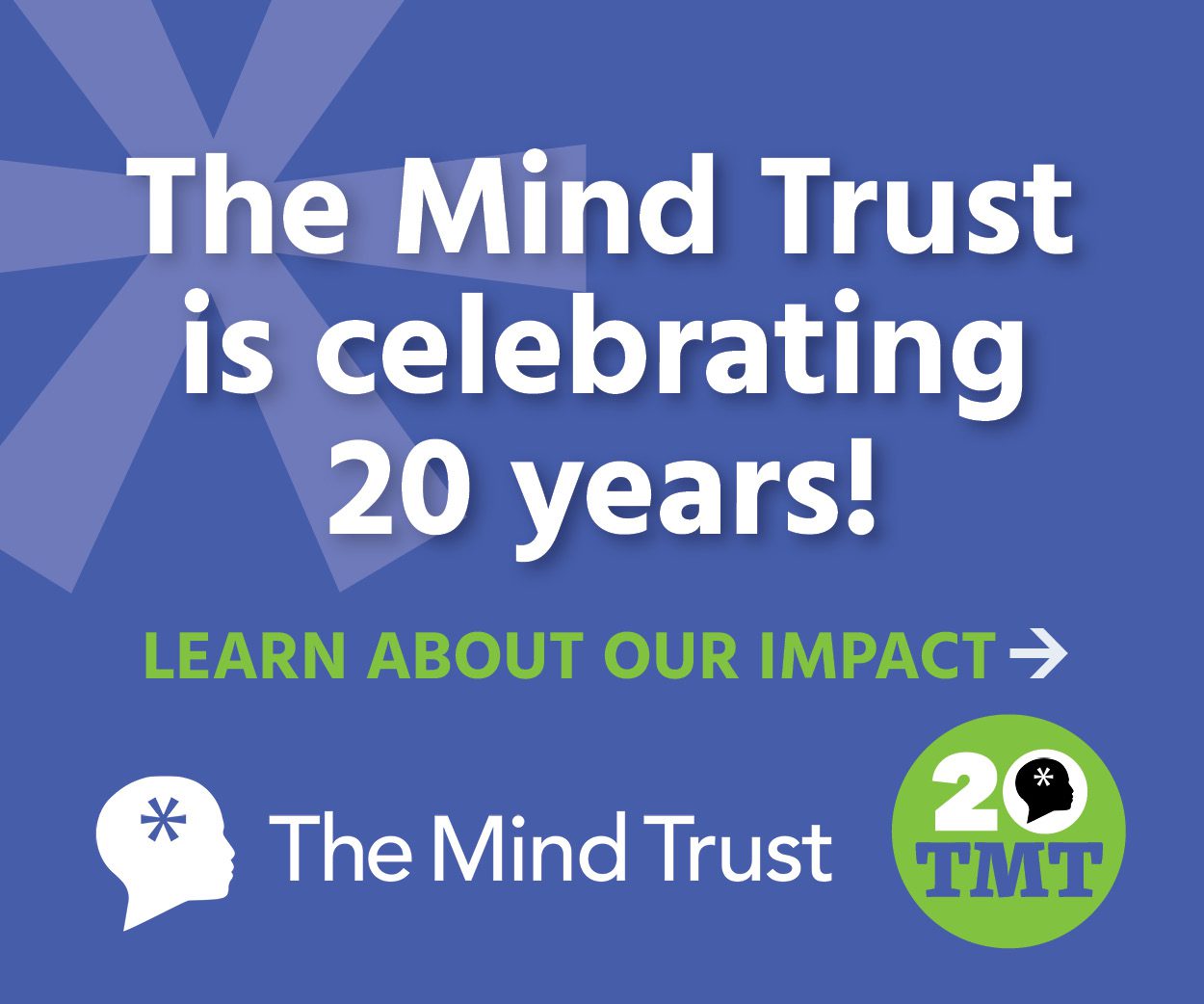I was a pretty serious athlete when I was growing up, especially when it came to track and field. By the time I was in college, I won nearly all my races and even set some records. Still, I wasn’t satisfied. My ultimate goal was to qualify for the 400-meter race at the U.S. Olympic trials. In pursuit of that goal, I practiced diligently. I analyzed how I ran in order to improve my technique. I read articles about running, such as the biomechanics of the great Edwin Moses. I examined the styles of the great sprinters of the day.
I was a senior in 1992. The Olympics would take place in Barcelona just a couple months after I graduated. This was a watershed year as the Dream Team — the greatest collection of basketball players in history — would destroy their competition in every game. I didn’t aspire to join them in Spain; I was focused on having the opportunity merely to compete against the men who would represent our nation in my event (i.e., Quincy Watts, Steve Lewis and Danny Everett). Unfortunately, I missed qualifying for the trials by a few tenths of a second.
In retrospect, there were at least three major problems with my approach. One was that I didn’t do everything that I knew I should do to prepare. For example, my diet was (and remains) subpar. My sprint coach once told me, in his Southern drawl: “Larry, you’re educated like a prince, but you eat like a pauper.” Second, I didn’t always listen to my coaches — who knew more than I did about running. There’s a fine line between confidence and arrogance. Third, and perhaps most importantly, I didn’t set my goal high enough. I shouldn’t have merely aspired to be a literal “also-ran”; I should have aspired to be an Olympian.
My track experience is a fitting metaphor regarding the dismantling of systemic racism in America. Yes, we have made substantial racial progress as compared to where we were 150 years ago — and, in some ways, even 50 years ago. Yet, we still have far to go. (Consider that the phrase “first African American” is still far too common.) We lack the will, and even the desire, to do everything that we should do to create a more equitable society. In fact, too many people still actively work against that goal.
For example, I have previously written about the roughly 250 current pieces of legislation that are being debated (and even passed) in the wake of the “big lie” about the 2020 election. Most of those proposals would reduce access to the ballot box, especially for African Americans.
Further, whenever we make major progress with regard to racial equality, there has always been a backlash among white Americans. (Dr. Martin Luther King Jr. wrote and spoke extensively about this phenomenon.) For example, as Van Jones has pointed out, the election of Donald Trump in 2016 was in large measure a reaction to the two terms of Barack Obama. Jones, using the term “whitelash,” has spoken eloquently about the anxiety that many white Americans have about the growing number — and influence — of people of color in America.
Finally, this nation has set its sights far too low when it comes to racial equality. For example, per my earlier point, white Americans are quick to point out how much “progress” we have made. (Apparently, African Americans should be thrilled that we’re no longer enslaved and that there no longer are “Colored” signs — at least physical ones.) It’s impossible to imagine that these people would argue that white America has amassed enough wealth or owns enough guns.
The only racial goal to which we should aspire — in fact, the only one that is worth aspiring to — is full equality of opportunity. That would entail the complete destruction of white supremacy. Two areas that are ripe for dismantling and restructuring are our economic and criminal justice systems, which are intimately related. Attorney Bryan Stevenson, who wrote the book “Just Mercy,” correctly argues that the opposite of poverty is not wealth; the opposite of poverty is justice.
In the words of one of Dr. King’s mentors, Dr. Benjamin E. Mays: “It is not a disgrace not to reach the stars, but it is a disgrace to have no stars to reach for. Not failure, but low aim is the sin.”
Larry Smith is a community leader. Contact him at larry@leaf-llc.com.







